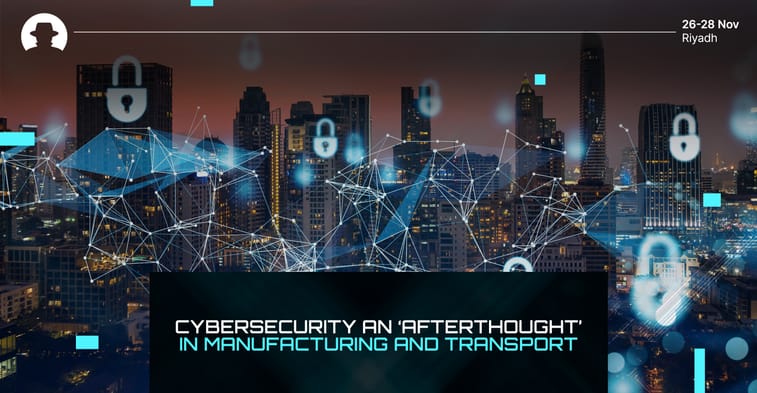
From 745 days to 44: the collapse of the patching grace period
The average time to exploit has fallen from 745 days in 2020 to just 44 days in 2025, according to Flashpoint. Here’s why N-day vulnerabilities are driving faster attacks.
Read More
Everyone working in the field of cybersecurity knows that security has to be baked into an organisation’s operations, from the inside-out. Cyber resilience doesn’t happen by magic, and leveraging cybersecurity tools and services doesn’t guarantee protection.
You can’t layer security on top of everything else you do; you have to train your employees, develop comprehensive cybersecurity policies and protocols, and continuously monitor your entire network to ensure that vulnerabilities are identified and patched quickly.
And yet outside of the cybersecurity sector, many industries are failing to achieve their potential when it comes to cyber resilience.
New reports by LevelBlue Research have found that cybersecurity is an ‘afterthought’ within manufacturing and transportation organisations.
The reports describe the challenges these industries are experiencing as they try to balance technological innovation with cyber resilience in an increasingly complex threat landscape. And their findings suggest that leaders in the manufacturing and transportation industries are becoming less risk averse as they grapple with dynamic computing – they’re playing catch-up, with reactive budgeting and siloed information, and security is falling to the bottom of their priorities.
The research uses data from a survey conducted by FT Longitude in March 2024. A total of 1,050 C-suite and senior executives were surveyed, across 18 countries and seven industries. And all respondents were working in a range of cybersecurity-related roles; from C-level security leadership to entry-level roles.
In terms of innovation, we’ve put our foot firmly on the accelerator. This has positive implications across industries; but in manufacturing and transport, the acceleration is causing leaders to neglect the critical importance of bringing cybersecurity up-to-speed with innovation. They’re embracing the opportunities and the benefits of evolving technologies without protecting their organisations from increased risk of attack.
Theresa Lanowitz (Chief Evangelist at LevelBlue) told Business Wire:
“While cyberattacks are on the rise with associated costs climbing, increasing cyber resilience across industries still remains a low priority for business executives. As digital innovation takes centre stage, cyber resilience will be crucial to earning and upholding stakeholder trust.”
If you’re a C-suite leader in a manufacturing or transportation organisation, now is the time to act. Cyber resilience requires a comprehensive approach to security that incorporates tooling with soft skills and human awareness programmes. Reacting after a breach, rather than working proactively to implement robust preventative measures, means you’re exposing your organisation (and every other organisation and individual you interact with) to increased risk.
Register now to attend Black Hat MEA 2024 and discover the research and partners you need to build robust cybersecurity systems for your business.
Join the newsletter to receive the latest updates in your inbox.

The average time to exploit has fallen from 745 days in 2020 to just 44 days in 2025, according to Flashpoint. Here’s why N-day vulnerabilities are driving faster attacks.
Read More
Saudi Arabia’s cybersecurity workforce is now 32% women, outpacing the global average. Leaders at Black Hat MEA share their perspective, alongside our lowdown on the data about gender diversity in the region.
Read More
Three cybersecurity leaders share why Saudi Arabia is changing how they think about scale, innovation, and global collaboration.
Read More